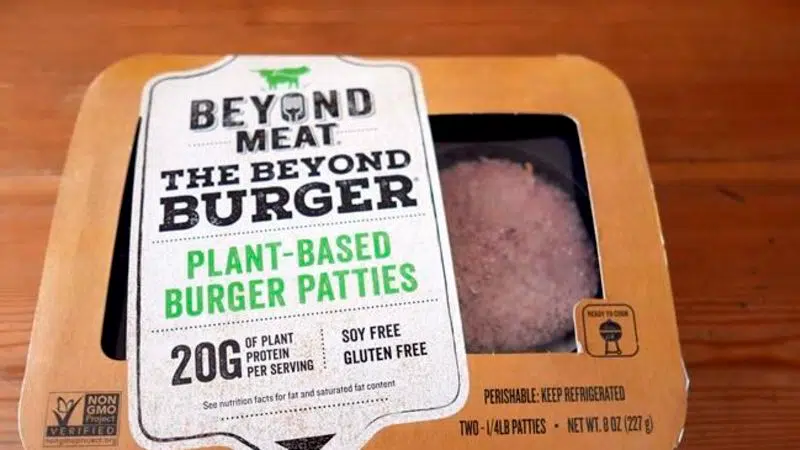
Plant-based protein companies poised to expand products, distribution next year
VANCOUVER — When A&W started serving Beyond Meat veggie burgers at its restaurants, the fast-food chain offered many patrons their first bite of the much touted, celebrity backed plant-based patty.
In the year and a half since, Canadians continued searching for plant-based options at home and on the go. By the time A&W added a plant-based nugget in December, many fast-food chains — even long-time holdout McDonald’s Canada — boasted a trendy vegetarian menu item, too.
As restaurants jumped on the plant-based protein craze this past year, the products also proliferated on grocery store shelves.
Earlier this month, Beyond Meat announced grocers across the country would start stocking its Beyond beef product, which mimics ground beef. It launched its burgers in the summer and they’re now sold at more than 4,000 stores in the country.


